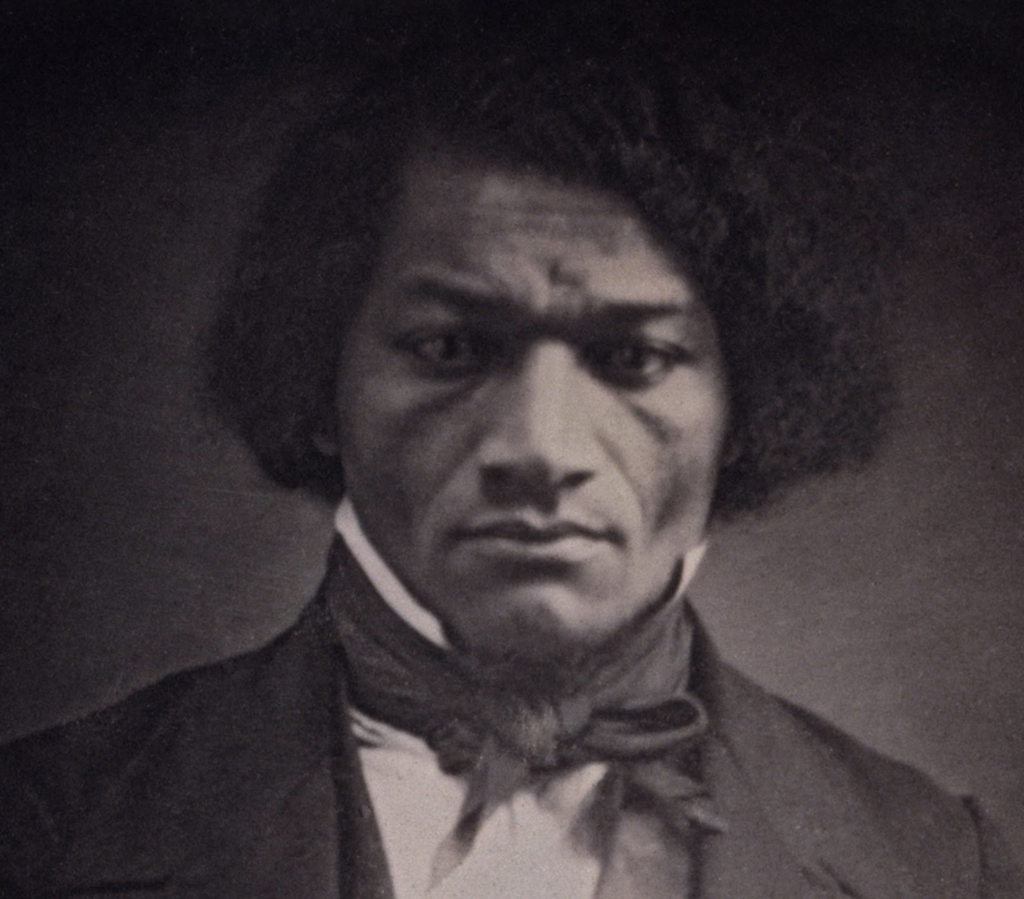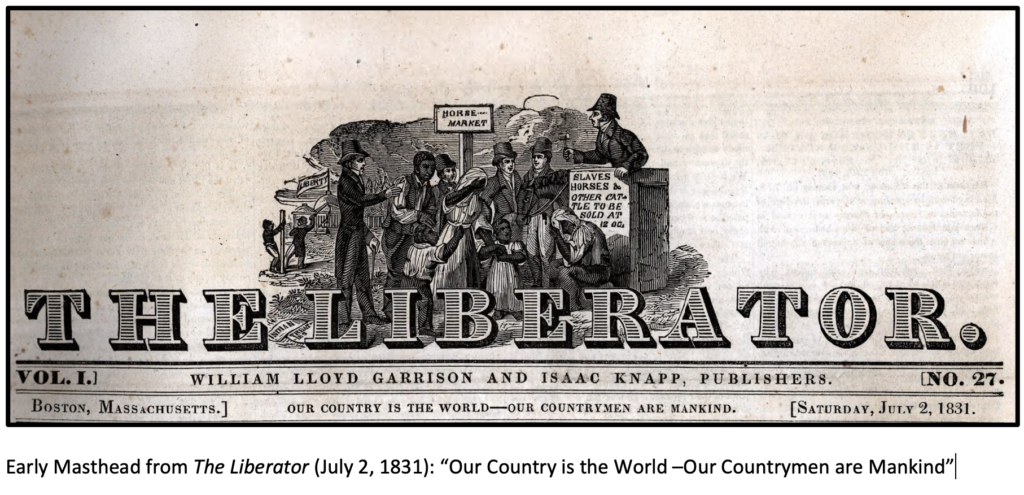Image Gateway
Discussion Question
- According to the Yawp editors of chapter 10, “Spiritual egalitarianism dovetailed neatly with an increasingly democratic United States.” Why do they make such a claim about the religious revivalism of the early nineteenth century? Did that insight hold true for abolitionism?
Second Great Awakening
In the early nineteenth century, a succession of religious revivals collectively known as the Second Great Awakening remade the nation’s religious landscape. Revivalist preachers traveled on horseback, sharing the message of spiritual and moral renewal to as many as possible. Residents of urban centers, rural farmlands, and frontier territories alike flocked to religious revivals and camp meetings, where intense physical and emotional enthusiasm accompanied evangelical conversion. —American Yawp, Chap. 10: II
- Baptists
- Congregationalists
- Methodists
- Presbyterians
Other Spiritual Awakenings
- Catholic immigration
- Indian revivalism / conversion
- Mormonism
- Transcendentalism
- Unitarianism
- Utopian communities
Rise of a New Abolitionism
The revivalist doctrines of salvation, perfectionism, and disinterested benevolence led many evangelical reformers to believe that slavery was the most God-defying of all sins and the most terrible blight on the moral virtue of the United States. While white interest in and commitment to abolition had existed for several decades, organized antislavery advocacy had been largely restricted to models of gradual emancipation (seen in several northern states following the American Revolution) and conditional emancipation (seen in colonization efforts to remove Black Americans to settlements in Africa). —American Yawp, Chap. 10: V
Context
- Northern free blacks and liberation ideology
- Trans-Atlantic connections
- Second Great Awakening and benevolent empire
Immediatism
- William Lloyd Garrison and The Liberator (1831)
- 1839-40 abolitionist schism or split
- 1845 publication of Frederick Douglass’ Narrative

Frederick Douglass (c. 1845)

